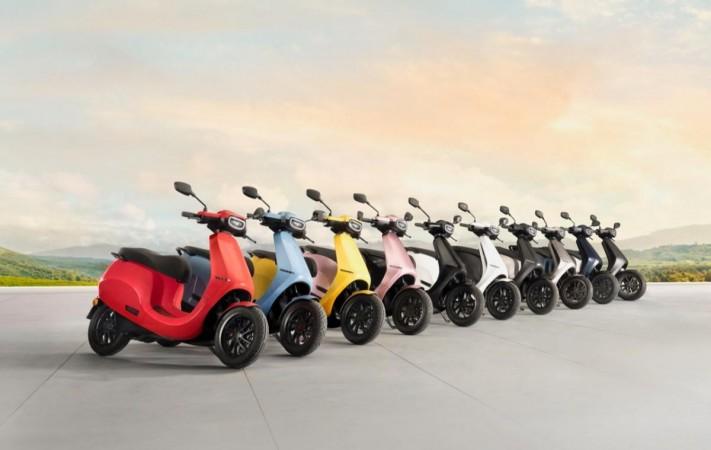Ola Electric is automatically upgrading S1 customers to S1 Pro for free of cost, but it turns out there is a deeper reason behind it. The brand, which has been riddled with delayed deliveries recently, is trying to make an offer customers won't (and couldn't) refuse. But what's the catch?
Ola Electric is surely upgrading the S1 to S1 Pro for free, but customers will only benefit from the hardware of the S1 Pro. In order to take advantage of the software features offered by the S1 Pro, customers will still have to pay Rs 30,000.

By offering such an upgrade, Ola Electric has inched closer to converting its entry-level scooter's customers. The S1 and the S1 Pro look identical, the difference is the battery size. A smaller 2.98 kWh battery powers the S1, whereas the S1 Pro packs a 3.97kWh battery. With this, certain features, like the "hyper mode" hill hold, cruise control and voice assistant, are exclusive to the S1 Pro. The only one-up S1 has on its Pro counterpart is the weight (the former is lighter), despite which the S1 Pro offers more range.
The Ola S1 is priced at Rs 99,999; for the S1 Pro, customers will have to pay Rs 1,29,999 (ex-showroom). These prices include the FAME II subsidy, but exclude state subsidies.
Ola Electric hits few bumps

After facing a long wait owing to production-related delays caused by the global chip shortage, some of the owners of Ola Electric scooters S1 and S1 Pro have been plagued with issues ranging from mechanical to travel range per full charge. Some of the owners have complained about teething issues, and lack of pre-delivery inspection (PDI), financial irregularities, braking noise and inconsistent panel gaps on social media platforms.
The Ola S1 scooters are being manufactured at the 'Futurefactory', which is said to be the largest, most advanced and sustainable two-wheeler factory in the world. According to media reports, the company has been facing production issues owing to global chip shortage and supply chain restraints.








